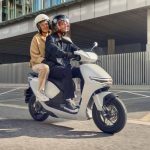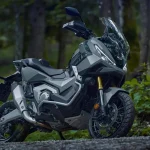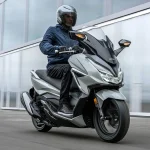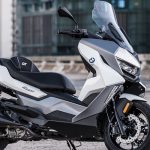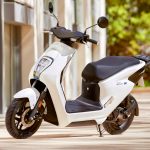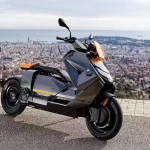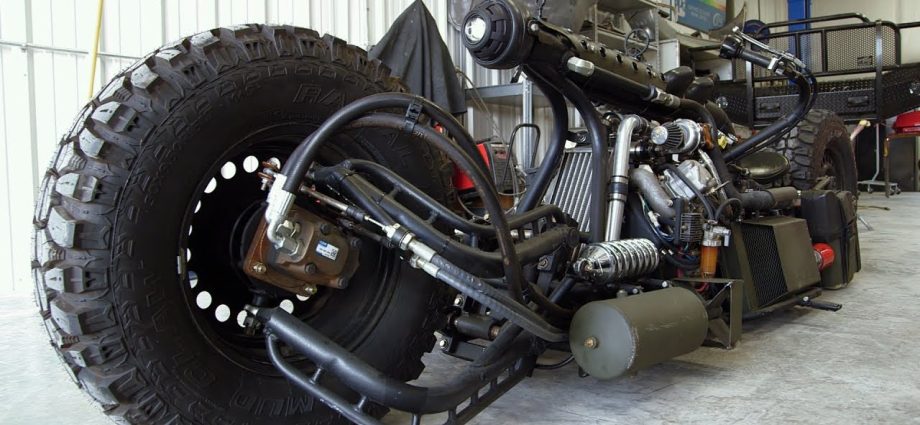Diesels are ideal for powering large SUVs and sedans, but they simply aren’t suitable for motorcycles.
These engines tend to produce more energy per gallon of fuel, increasing their risk for overheating and burning out.
That is why most motorbikes still rely on petrol instead of diesel. If you’re searching for something unique for your garage, a diesel bike might be worth considering.
Power
Diesel engines produce more torque than gasoline engines due to their higher air compression ratio, making them ideal for motorcycles which need more power than their gasoline counterparts.
The engine can also run on various fuels, such as kerosene or bio-diesel. This promotes sustainability and conserves resources.
Another advantage of diesel engines is their capacity for producing more power when revving high in the rpm range, something not always possible with gas-powered motors. This makes shifting gears much simpler without worrying about losing power while shifting.
Indian Royal Enfield introduced the Taurus diesel version of their Bullet motorcycle, which was one of few available for mass production until recently. This diesel engine produced 8.5bhp and claimed fuel mileage of 180mpg.
Fuel Economy
One of the greatest advantages of diesel motorbikes is their remarkable fuel economy. Even small models can return over 100 miles per gallon (mpg).
Are you in search of something tough and rugged or need some utility? A diesel-powered bike may fit the bill. For instance, the Hero MotoCorp RNT is a dual purpose model that combines 150cc diesel power with an electric motor for 13.5 horsepower and 26 ft-lbs of torque.
Engine size, weight, terrain and riding habits all play a role in how efficient a motorcycle’s fuel economy. To maximize its efficiency, keep it well maintained to reduce how much gas it uses.
Weight
Diesel motorbikes tend to be heavier than their petrol counterparts due to the engine being much more powerful and needing larger capacity fuel tanks.
Diesel engines require a fuel injector system which takes up considerable space. Furthermore, it requires heavy metals to adjust its compression ratio – increasing weight and costs in the process.
Finally, diesel motorbikes vibrate more than their petrol counterparts. This can be an issue on any type of motorcycle, but it’s particularly detrimental in sport bikes where vibration sickness may ensue.
Diesel can still be an attractive option for custom motorcycles. Some shops in Europe have taken the leap and created limited production runs of diesel motorcycles, such as Everproducts’ Track T-800CDI and Sommer Diesel 462 from Sommer Motorradtechnik. Despite these drawbacks, diesel remains a viable choice for custom motorcycling enthusiasts.
Maintenance
Maintaining your diesel motorbike is one of the most essential tasks you can do for it, as keeping it in good condition will extend its life and help prevent any issues down the line.
Be sure to regularly change your motorcycle oil. According to its model, this should occur at least once every 5,000 or 10,000 kilometers (3,000 to 6,000 mi).
Your owner’s manual should provide all the essential details about your bike. It could include anything from simple maintenance tips to service schedules, tyre pressure recommendations and recommended fluid levels.
Another beneficial maintenance task you can perform for your diesel motorbike is checking its radiator regularly. This simple yet effective measure helps guarantee that airflow around the engine is optimal.





